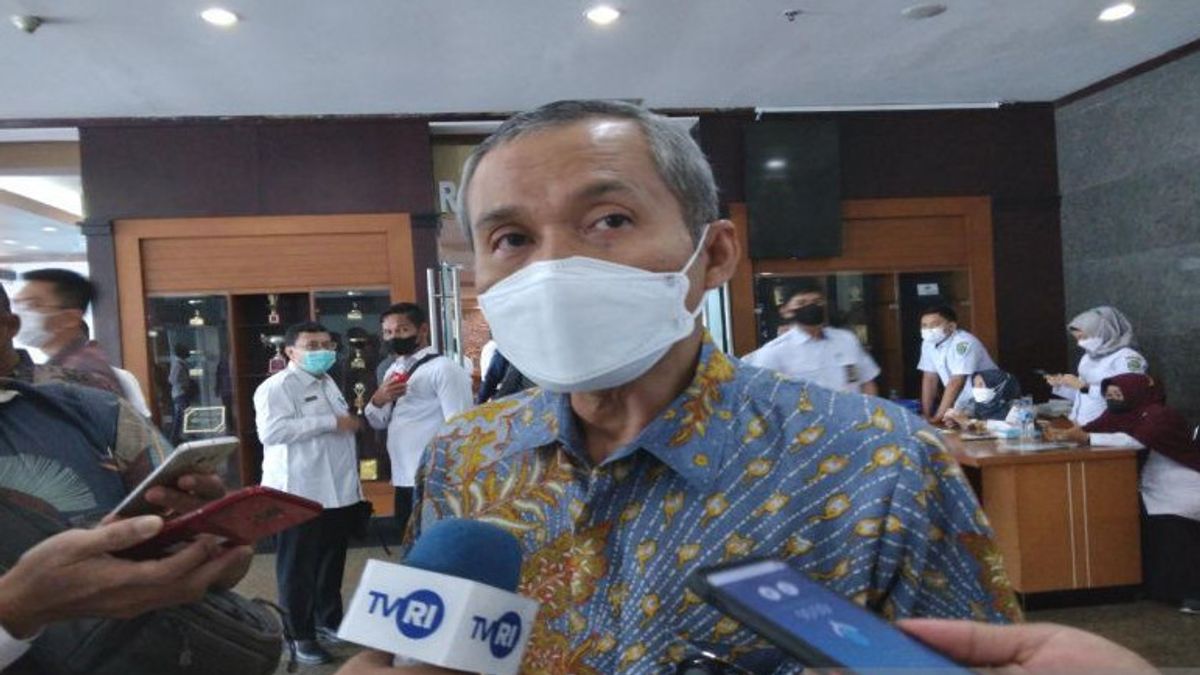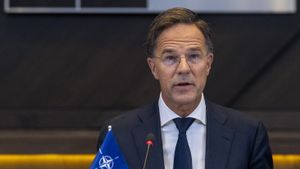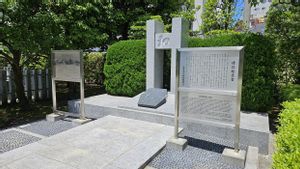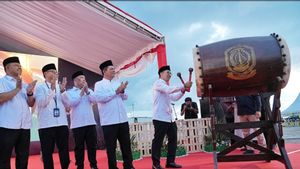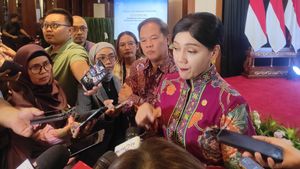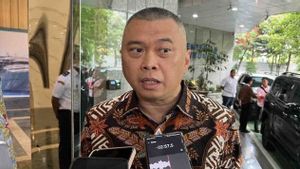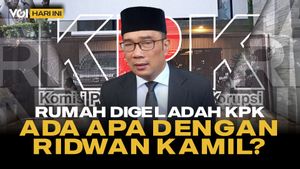SAMARINDA - Deputy Chairman of the Corruption Eradication Commission (KPK) Alexander Marwata emphasized that the most effective way to eradicate corruption is through prevention efforts.
"People say that if you get OTT it's bad (unlucky) because it doesn't make others give up, but how do they find other ways to avoid OTT," he said, in Samarinda, as reported by Antara, Wednesday, March 9.
Alex said this was a concern for the KPK and considered it a tragedy.
"We never expressed pride when we arrested regional heads. This is actually a tragedy, both in the democratic process, in eradicating corruption, and a tragedy for regions whose regional heads are affected by OTT," he explained.
Alex said the KPK with the new law (UU) had changed its orientation from the previous one to prevention.
"In the new law, Article 6 letter a, the main task and function of the KPK is to prevent corruption, then to coordinate, monitor, supervise, investigate, prosecute, and finally execute court decisions," he explained.
This, he said, was in accordance with the government's desire, in this case the DPR RI and the President, so that the KPK would further encourage efforts to prevent corruption.
"Unfortunately, the public sees that if there is no OTT, the KPK does not work. If there is no action against the KPK, it is as if it is toothless, weak," he said.
Not only that, said Alex, in the new KPK Law it is stated that there is a KPK Supervisory Board (Dewas) so that commissioners and KPK employees are not careless in carrying out their main tasks.
"Before, I felt for myself that no one dared to protest what the KPK did, everything was considered true. Now there are the KPK Council and many public reports, which the KPK Council then clarifies to the leadership," he said.
The existence of the KPK Council is considered very good and is needed to make commissioners, employees and the KPK work more professionally, he said.
He added that during the New Order there was indeed corruption, only that it was more centralized where even though the regional heads were formally elected by the DPR/MPR, in principle they were still appointed by the center.
During the reformation period, he said, there was hope that the welfare of the people would be more of a concern to the leaders of the results of the elections which were carried out in a democratic manner, which were directly elected by the people.
"Because the regional head is expected the community can improve their standard of living," he explained.
He admitted that he was worried about the upcoming regional elections and hoped that the regional heads who would be elected would be people who really had integrity and were able to maintain their mandate.
"We hope to have a leader who refers to or at least approaches Bung Hatta," he hoped.
The English, Chinese, Japanese, Arabic, and French versions are automatically generated by the AI. So there may still be inaccuracies in translating, please always see Indonesian as our main language. (system supported by DigitalSiber.id)
